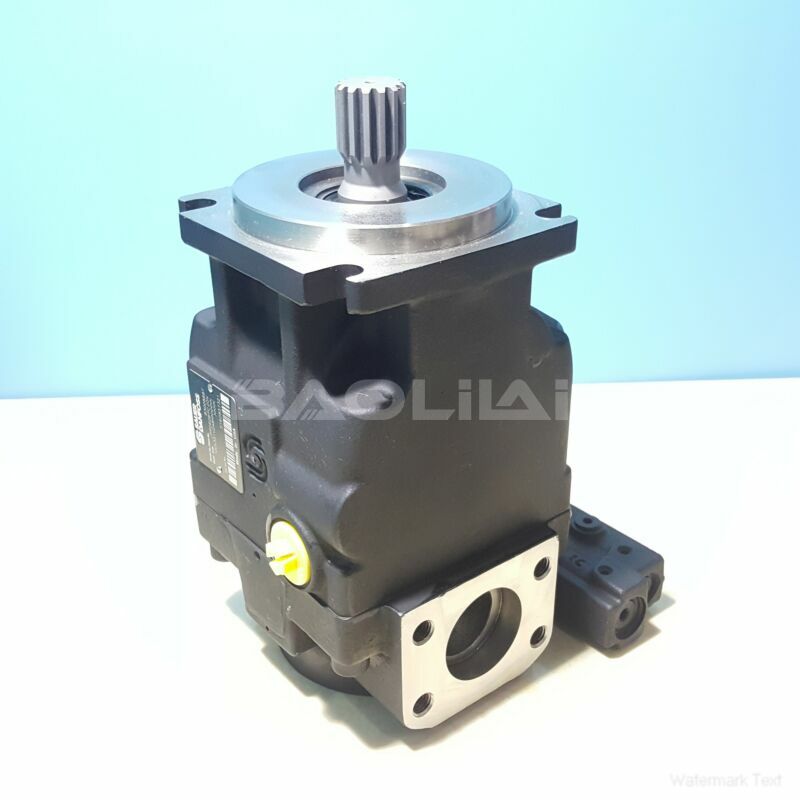JRLS60BPC15NNNNN3S1NZA2NFFFJJJNNN piston pump
JRLS60BPC15NNNNN3S1NZA2NFFFJJJNNN piston pump

- Product Details
- Applicable Scene
In the realm of semiconductor manufacturing, precision is paramount. Every component within the production process must function accurately to ensure the reliability and performance of the final product. Among the critical elements of this complex ecosystem are hydraulic pumps, which play a vital role in fluid circulation in precision equipment. Understanding the significance of hydraulic pumps and their applications helps underscore their importance in the semiconductor industry.
JR-L-S60B-PC-15-NN-NN-N-3-S1NZ-A2N-FFF-JJJ-NNN
JRLS60BPC15NNNNN3S1NZA2NFFFJJJNNN
At the heart of semiconductor fabrication processes is the need for effective cooling and chemical delivery systems. These systems often require fluid circulation to manage temperatures, transport chemicals, and remove contaminants. Hydraulic pumps serve this need by providing a reliable means of moving fluids at controlled pressures and flow rates, which is essential for maintaining the stability and performance of precision equipment.

83026207
There are several types of hydraulic pumps commonly used in semiconductor manufacturing, including gear pumps, vane pumps, and piston pumps. Each type has its unique advantages depending on the specific application requirements. Gear pumps, for example, are known for their ability to handle high viscosity fluids, making them suitable for transporting thick chemical solutions used in various stages of processing. Conversely, piston pumps may provide higher pressure outputs, which can be critical in applications where precision flow control is essential.
One of the critical applications of hydraulic pumps in semiconductor manufacturing is in the cooling systems of equipment like photolithography machines, etchers, and ion implanters. These machines generate significant heat during operation, and maintaining optimal temperatures is crucial to prevent malfunctions and ensure high-quality production. Hydraulic pumps circulate coolants through the machinery, absorbing heat and transferring it away to keep operational temperatures in check.





